SPLITNOSE
Highly secretive, masters of camouflage and strikingly graceful. Known for their beautiful spotted coats, these elusive felines are the strongest of all the big cats, able to drag prey much bigger than themselves high up into trees to protect it from other predators. You’ve guessed it, we’re talking about the leopard. Equipped with innate stealth and acute senses, leopards frequently top the wildlife bucket-lists of many a safari-goer, their elusive nature making them all the more desirable to spot.
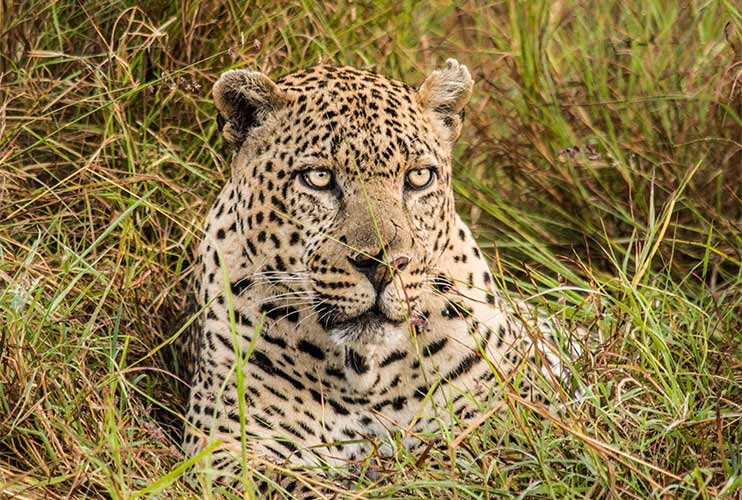
A master of disguise
We’d like to introduce you to a fine male specimen of the species: Splitnose, resident leopard at Sala’s Camp. Infamous in the Masai Mara, Splitnose has a huge territory, stretching from Sarova Camp to the northwest, all the way down through Keekorok and into the hills and valleys surrounding Sala’s Camp. His territory overlaps many females including Kazuri who is also a big star in her own right.
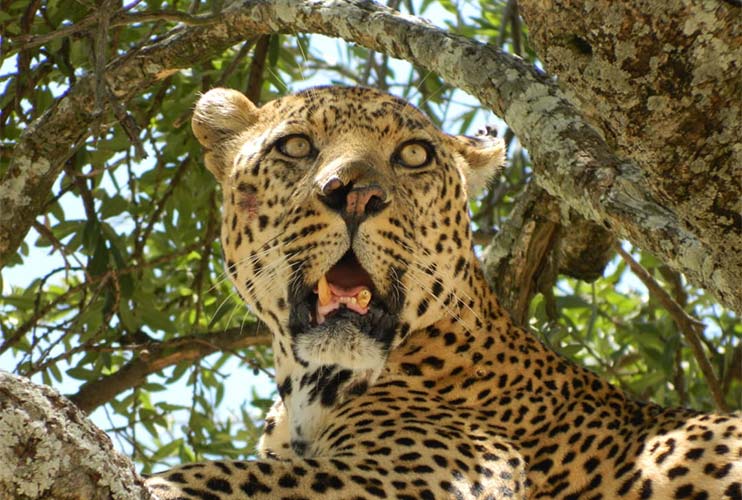
On the lookout
We’re not certain how he got the scar on his nose, but bush telegraph has it that it was the result of a grizzly territorial fight with another male leopard. This is likely the case, as leopards are highly territorial and solitary animals, socialising mainly for mating purposes.
We love watching Splitnose enact his masterful hunting skills and he has the power to bring down sizable prey like zebra and wildebeests. Once, we witnessed him creeping in between buffalo calves to make an ambush; a skilled assassin indeed. After a successful hunt, he will hang around the kill for three to four days, leisurely feeding and spending most of his time sleeping. It’s a cat’s life!
Like others of his kind, Splitnose is classified as ‘vulnerable’ on the IUCN Red List of Endangered species and his population is in steep decline. We support the work of the Mara Predator Conservation Programme (MPCP) which are working to change this. Loss of habitat and intense persecution from livestock farmers means that leopards and other big cats need targeted conservation efforts to protect them. Through their anti-poison campaign and other community initiatives, the MPCP are helping people to understand and appreciate the role of predators in the ecosystem and work towards a sustainable co-existence.
You can help support the work of the MPCP through our Footprint foundation.
RELATED NEWS

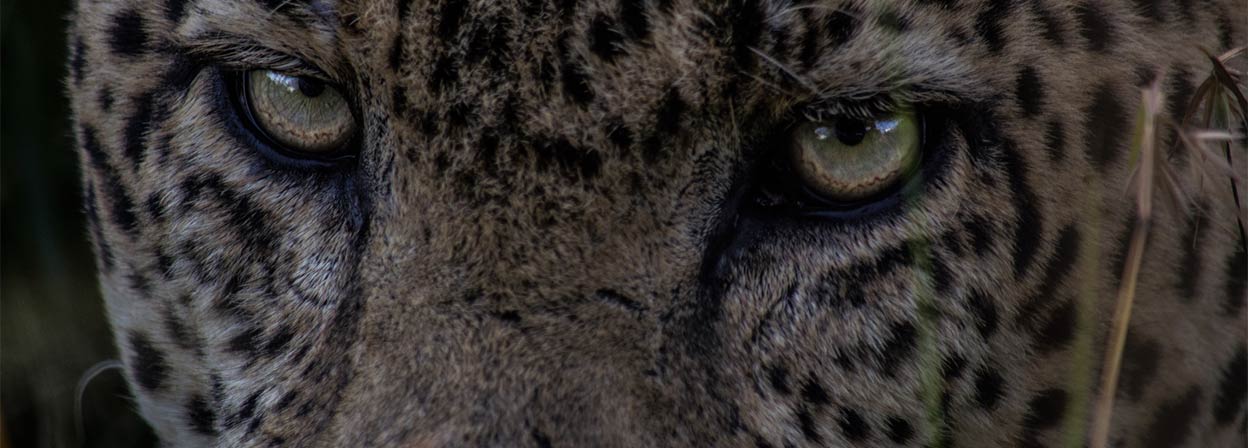
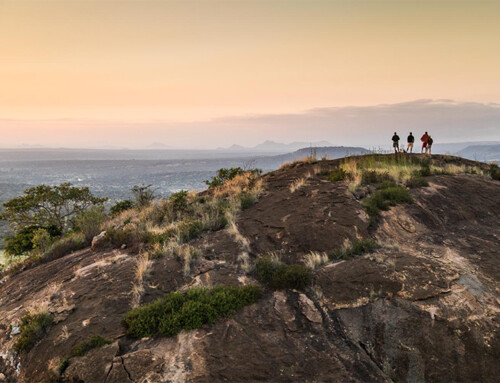
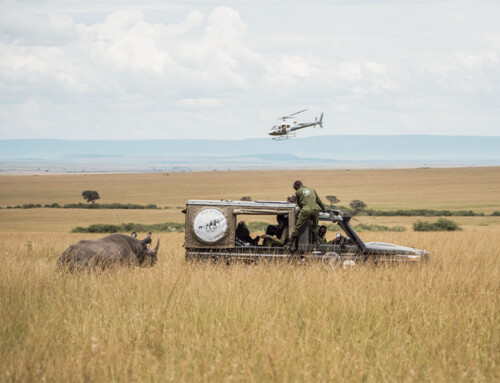
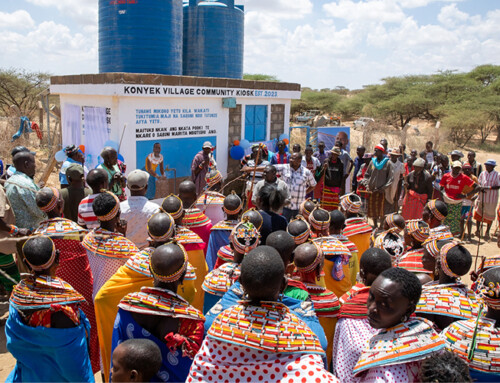
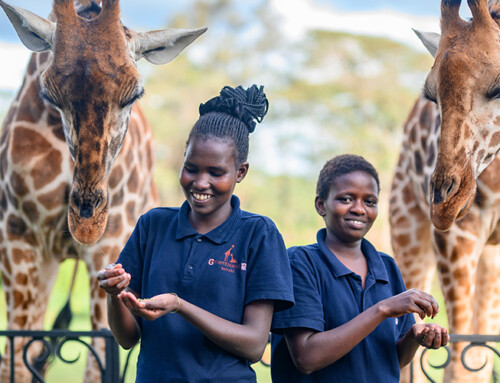
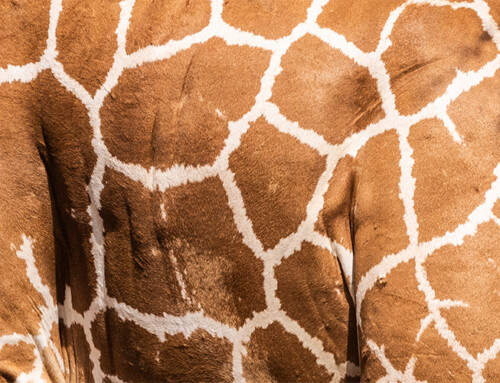
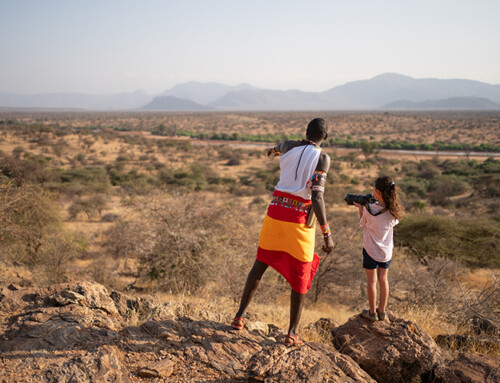
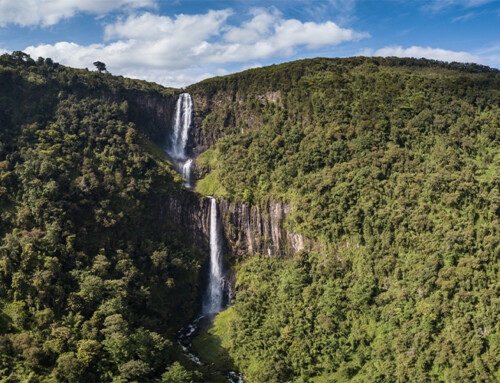







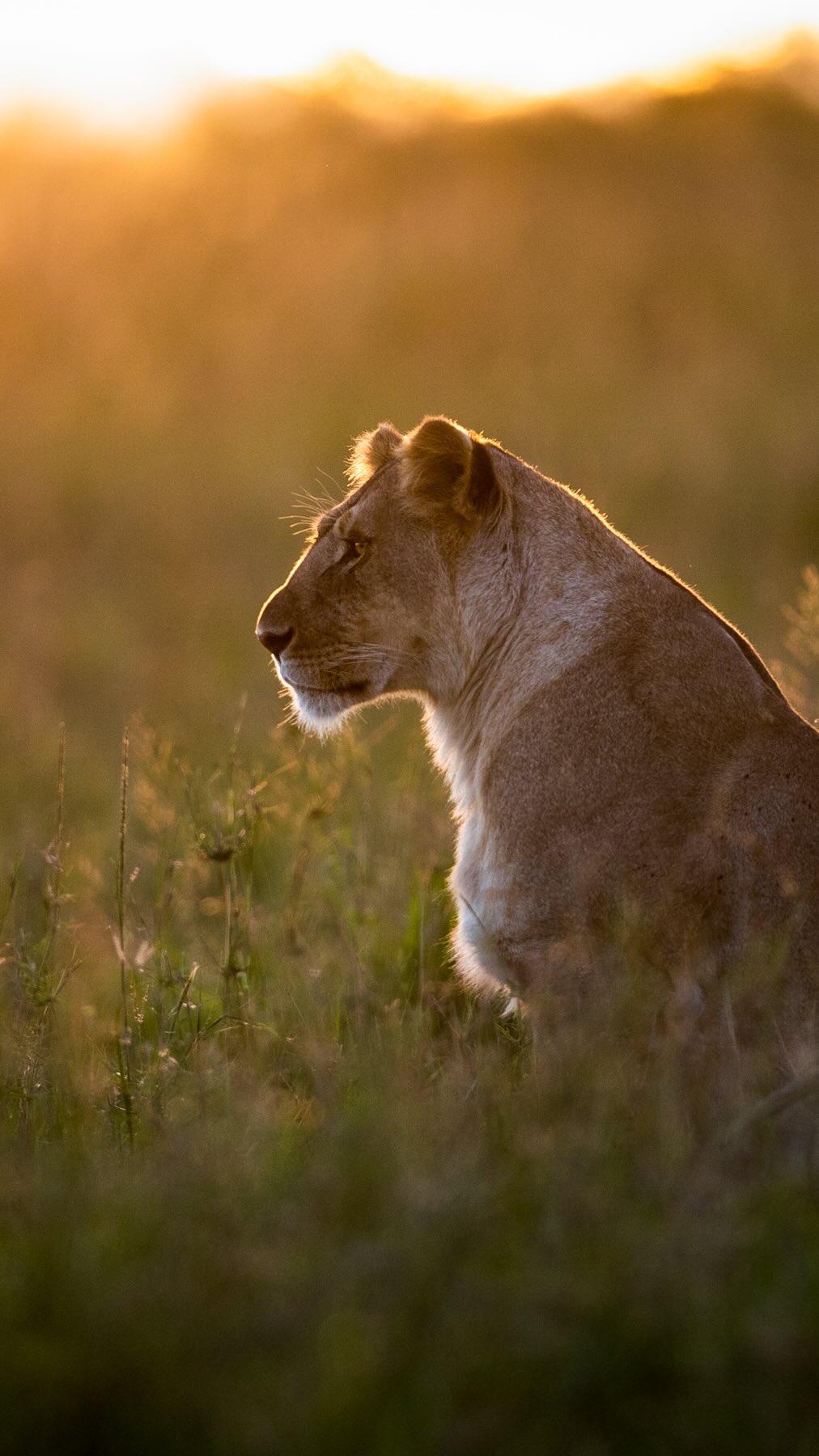

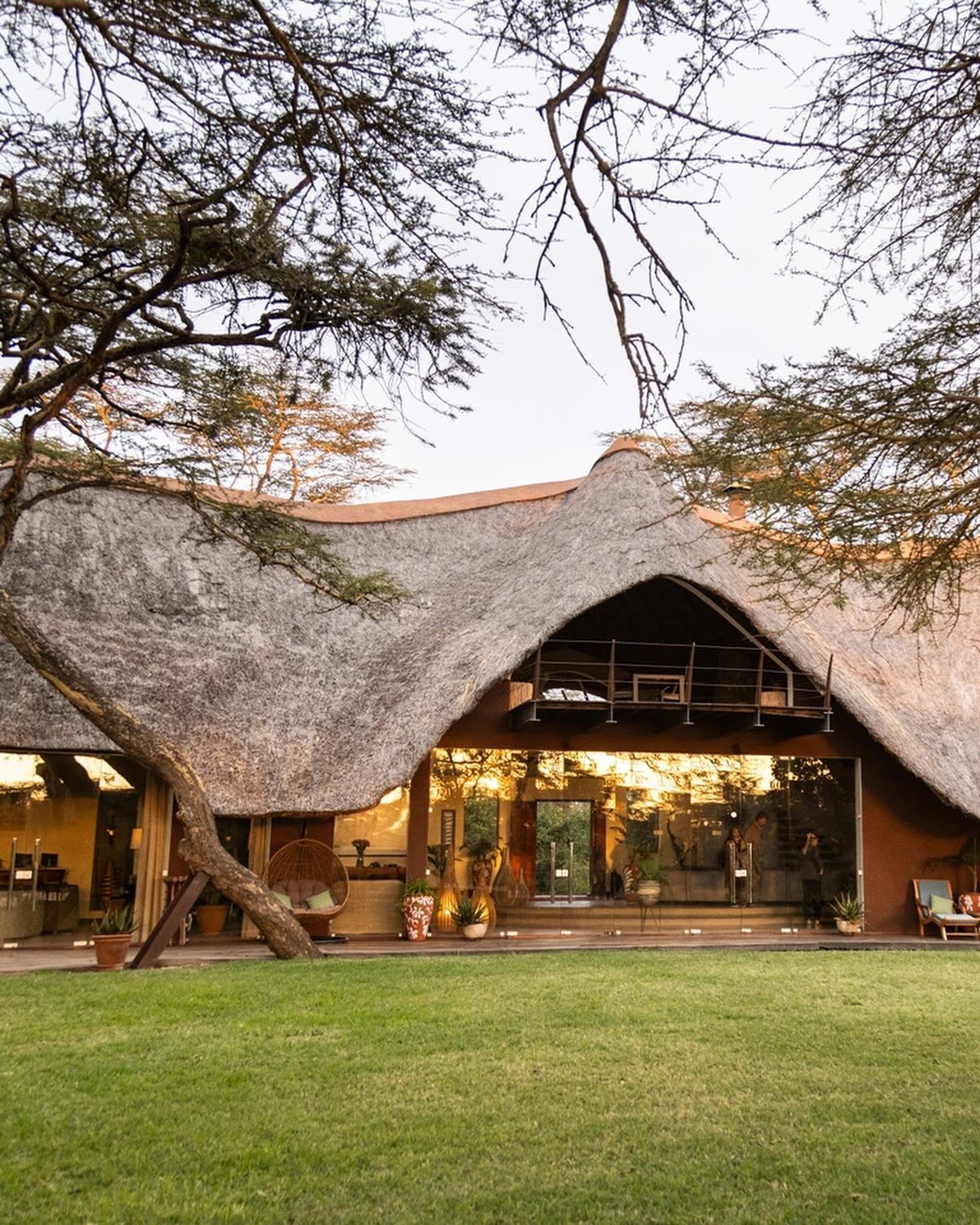
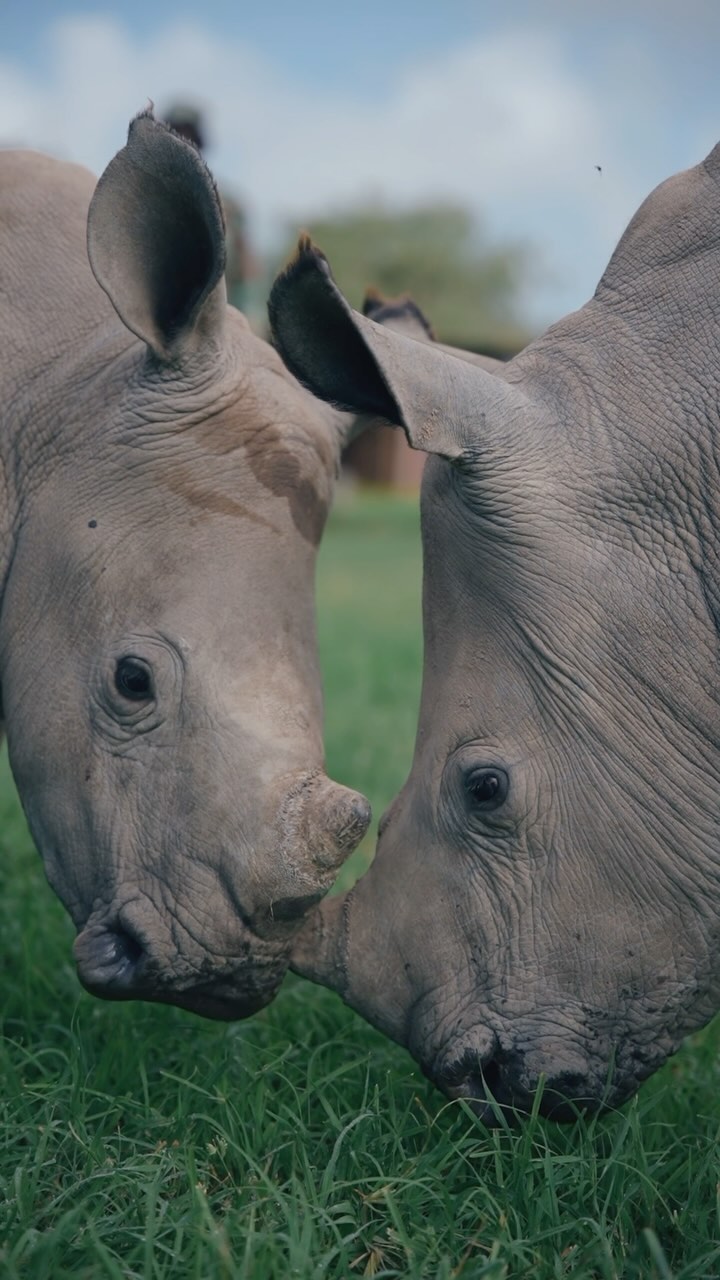
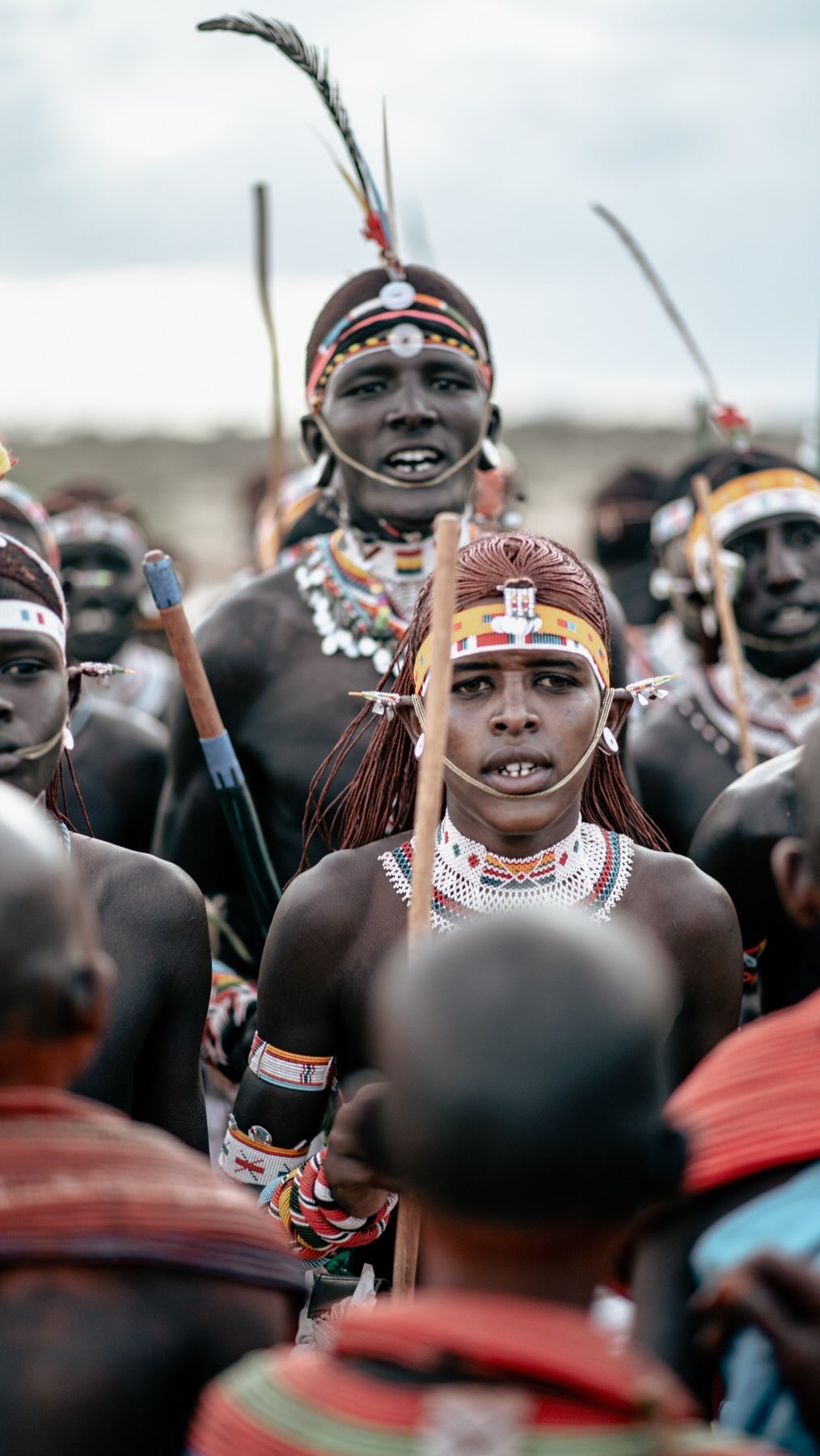
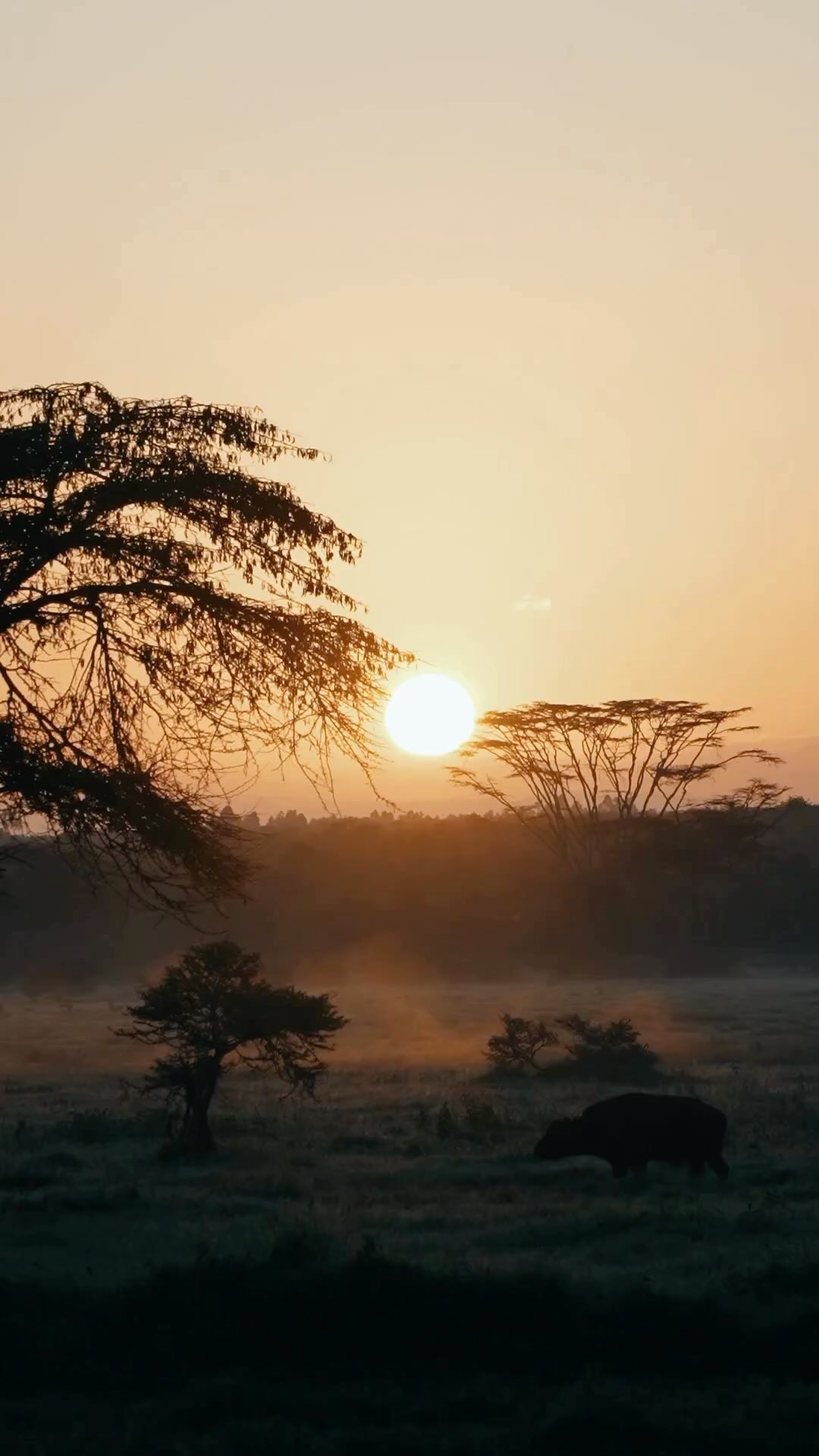
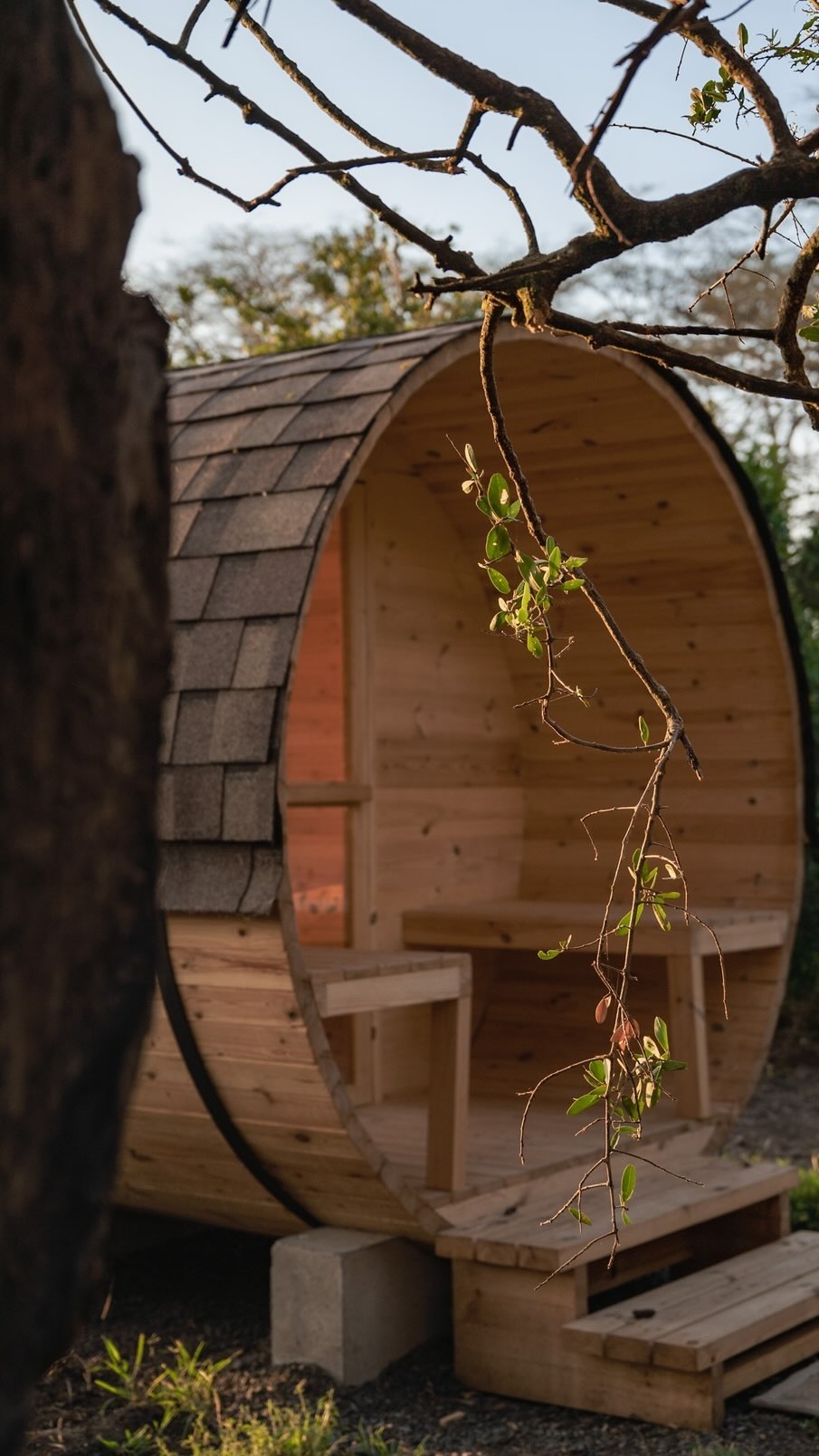

CONNECT & FOLLOW